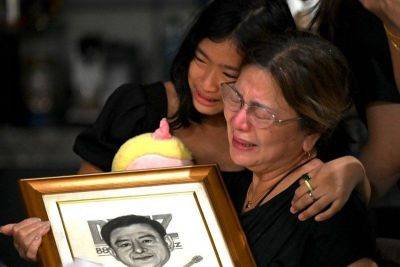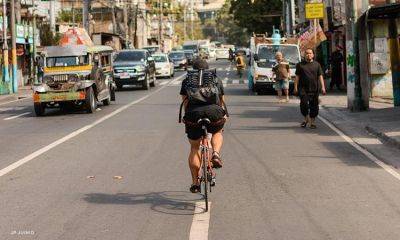OFW savers declining in last 14 years
The number of overseas Filipino workers (OFWs) who save amounts from their foreign remittance incomes has been plummeting for the last 14 years, according to the data of an annual government survey.
This trend came from the annual Survey on Overseas Filipinos (SOF) of the Philippine Statistics Authority (PSA), which had been publicly releasing data on the number of OFWs who save since 2009.
A year before COVID-19, the number of OFW savers went to its historic lowest at 32.7%. The last three pandemic years only saw marginal increases in the number of savers, reaching to 34.6% in 2022.
That four-year plateau all but sealed the downward trend on the number of OFW savers as per SOF data. OFW savers reached a high 53.1% in 2009, or after the 2007-2008 global economic crisis.
It was also in the last two decades that the Bangko Sentral ng Pilipinas (BSP), financial institutions and non-government organizations for OFWs have rolled out numerous financial literacy campaigns and savings, insurance and investment products and services tailored for OFWs and their families.
The Philippine Development Plans (PDPs) of former Presidents Benigno Aquino III and Rodrigo Duterte, and of current President Ferdinand Marcos Jr., have all mandated the launch of financial education and savings and investment products for the OFW market.
Even two rounds of the BSP’s National Strategy for Financial Inclusion (NFSI), a masterplan to make Filipinos open at least a savings account in order to save and invest, carried OFWs as target beneficiaries.
The diminishing number of total OFW savers “is definitely a concern,” said Ateneo de Manila University economist Dr. Maire Carroline Magante. This concern is given the Philippines’ reliance on foreign remittances and how “the influx of these remittances stimulates consumption locally, which has multiplier effects,” Magante added.
The COVID-19 pandemic saw the return of over-2.2 million OFWs up until year two of the Philippines’ mandating of the first lockdown on March 16, 2020. Many of these returnees brought whatever savings they had accumulated from abroad, but were stuck at home given border closures and travel restrictions.
Surprisingly, cash







